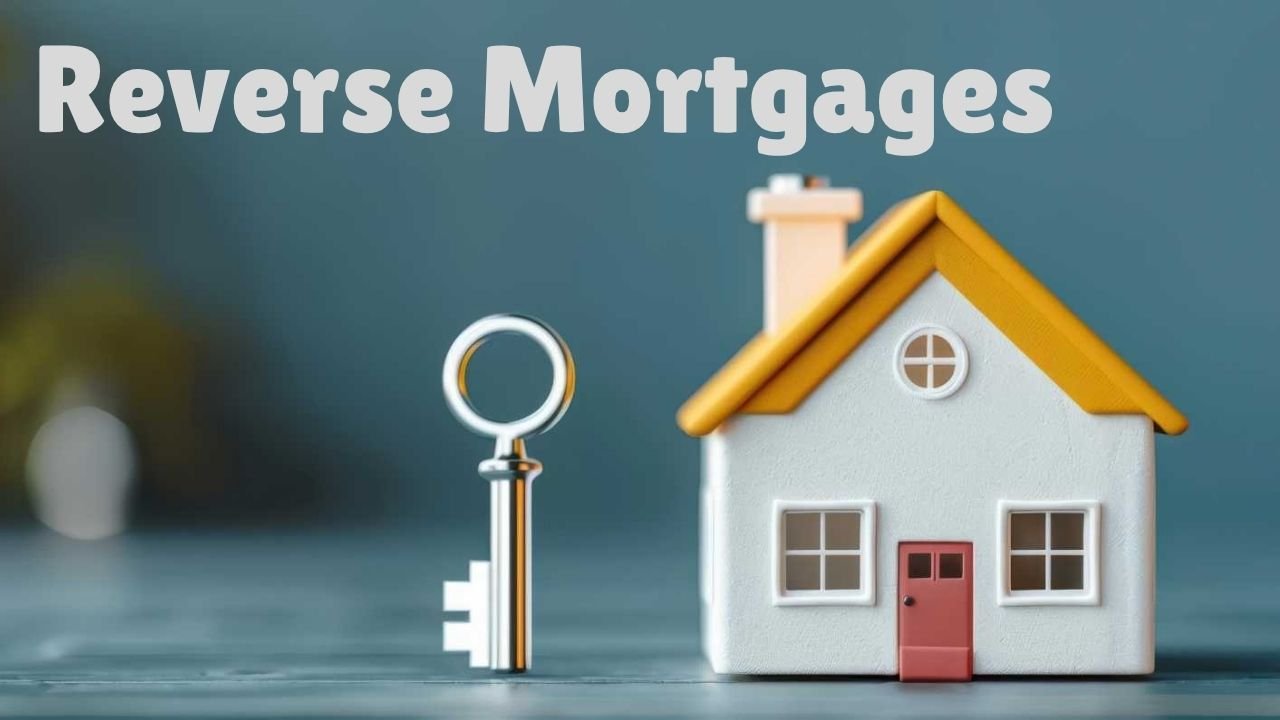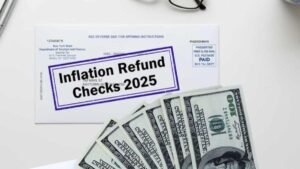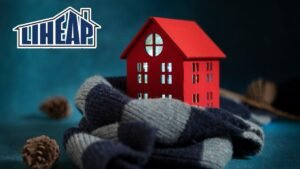For many retirees, the own family domestic represents now not simply a place of comfort and reminiscences but additionally one among their largest financial property. As living costs upward push and glued earning tighten, greater Americans are exploring reverse mortgages as a manner to release home fairness and supplement retirement profits.
But earlier than signing any paperwork, it’s vital to understand what a opposite loan actually is, how it works, and the ability risks and benefits worried. This financial tool can offer stability for some retirees — but serious pitfalls for others if used without careful planning.
What Is a Reverse Mortgage?
A reverse loan is a kind of loan available to owners aged 62 or older that allows them to convert part of their domestic’s fairness into cash — while not having to promote the house or make monthly mortgage bills.
Instead of the homeowner paying the lender each month (as in a traditional mortgage), the lender pays the homeowner — either through a lump sum, monthly payments, or a line of credit.
The most common form of this loan is the Home Equity Conversion Mortgage (HECM), which is federally insured by the Federal Housing Administration (FHA).
How Reverse Mortgages Work
- Eligibility: Must be 62 or older, personal the home outright (or have a low last balance), and live within the domestic as the number one house.
- Loan Amount: Based on the house’s value, interest quotes, and borrower’s age—the older the borrower, the better the capability payout.
- Payment Options: Lump sum, constant monthly payments, line of credit, or a combination.
- Repayment: Triggered whilst the borrower actions, sells, or dies. Heirs can pay off the mortgage to preserve the house or sell it to settle the debt.
Benefits of Reverse Mortgages
- Supplemental Income: Provides retirees with extra money for dwelling expenses, healthcare, or emergencies without having to sell their home.
- No Monthly Loan Payments: Borrowers aren’t required to make monthly mortgage bills as long as they live within the home and meet fundamental duties.
- Stay in the Home: Allows retirees to remain in their houses, which is specially treasured for people who want to age in area.
- Flexible Payment Options: Borrowers can choose the way to acquire funds—lump sum for main costs, monthly income for budgeting, or a line of credit score for flexibility.
- Federally Insured Protection: For HECMs, borrowers (or heirs) in no way owe greater than the house’s fee at repayment, even though the loan balance exceeds it.
Risks and Drawbacks of Reverse Mortgages
While reverse mortgages may be useful, they also include large dangers and lengthy-term implications that retirees must don’t forget cautiously.
- Reduced Home Equity
- The biggest downside is that each charge you acquire will increase your loan balance, reducing the equity in your house through the years. This manner much less inheritance in your heirs.
- Costs and Fees
- Reverse mortgages come with high prematurely expenses, inclusive of origination expenses, insurance premiums, and closing prices. These prices can add up speedy and reduce the available finances.
- Obligation to Maintain the Home
- You should keep paying property taxes, house owners coverage, and protection charges. Failure to achieve this should bring about foreclosure, even though you not make loan payments.
- Impact on Benefits
- While Social Security and Medicare are not affected, reverse mortgage proceeds can impact means-tested benefits like Supplemental Security Income (SSI) or Medicaid, depending on how funds are used.
- Heirs May Lose the Home
- When you pass away or move out, the loan must be repaid — usually by selling the home. If heirs wish to keep the property, they must repay the loan balance, which can be substantial.
Who Should Consider a Reverse Mortgage?
A reverse mortgage may be suitable for retirees who:
- Plan to stay in their home long-term.
- Need additional cash flow but don’t want to sell their property.
- Have limited income but significant home equity.
- Are confident they can maintain the property and pay required taxes and insurance.
However, it’s not perfect for quick-term needs or for people who plan to move soon. Consulting a HUD-permitted financial counselor is required before acquiring a HECM loan — and exceedingly endorsed for evaluating whether it fits your monetary dreams.
Example Scenario
Let’s say you’re 70 years antique and own a home really worth $400,000. You don’t have any remaining mortgage stability. Through a opposite loan, you could access about 40–60% of your private home’s equity, depending on hobby charges and your age — probably providing you with $160,000–$240,000 in usable funds.
You can choose to obtain monthly bills of $1,000 or open a line of credit for emergencies. The mortgage balance will increase over time as interest accrues, however you’re making no month-to-month bills until the home is offered.
Conclusion
A opposite mortgage can be a lifeline for retirees seeking greater income, economic flexibility, or peace of thoughts during their later years. It allows seniors to age in place and faucet into the wealth tied up in their homes with out the weight of monthly bills.
However, this financial solution isn’t for everybody. The high costs, reduced fairness, and capacity dangers to heirs imply retirees should weigh the pros and cons cautiously.
Before committing, it’s sensible to seek advice from a financial guide or housing counselor to recognize the lengthy-term implications for your finances, estate, and own family. Used accurately, a reverse mortgage can assist retirees enjoy a more comfortable and secure retirement — but best with a complete expertise of the trade-offs involved.
FAQ’s
Do I still own my home with a opposite mortgage?
Yes. You maintain possession so long as you live in the home, pay taxes, coverage, and maintain it.
Can I lose my home with a opposite mortgage?
Yes, if you fail to fulfill duties like paying assets taxes, insurance, or preservation.
What is the minimum age for a opposite mortgage?
You need to be at the least 62 years old to qualify.
Is a opposite mortgage taxable income?
No. Funds from a reverse loan are considered loan proceeds, now not taxable income.



